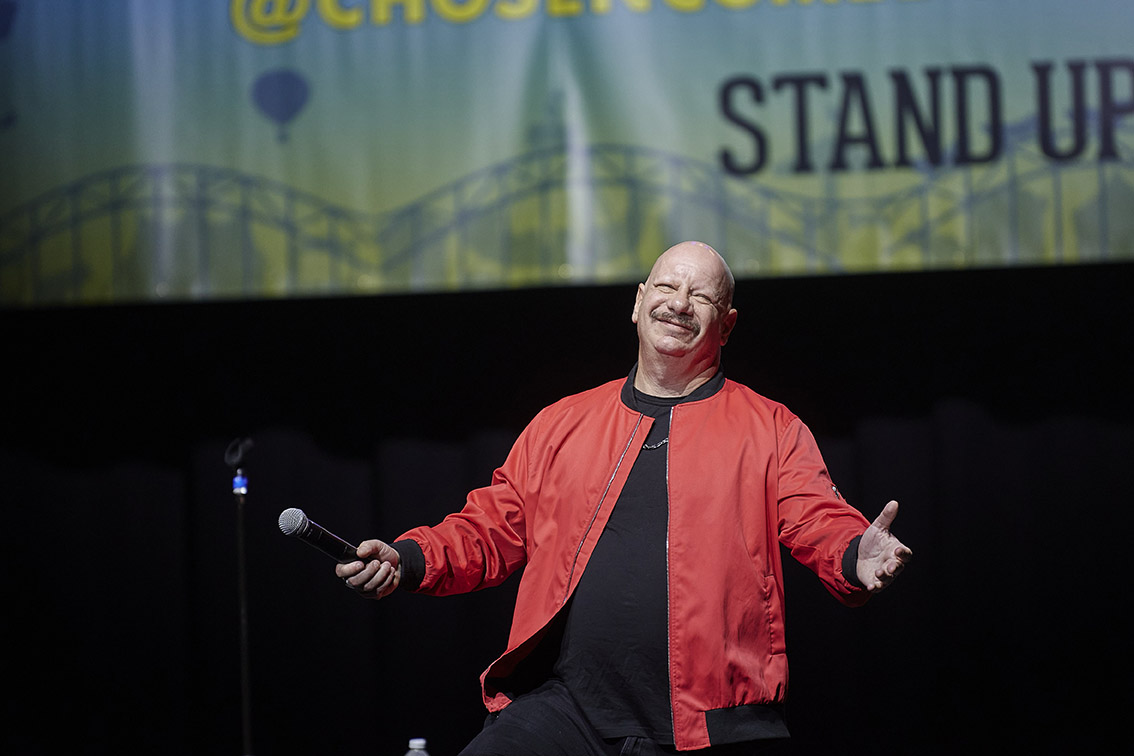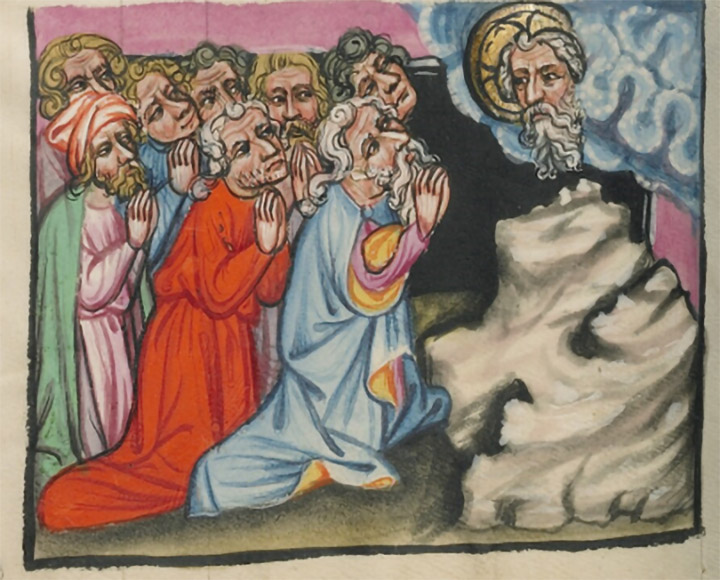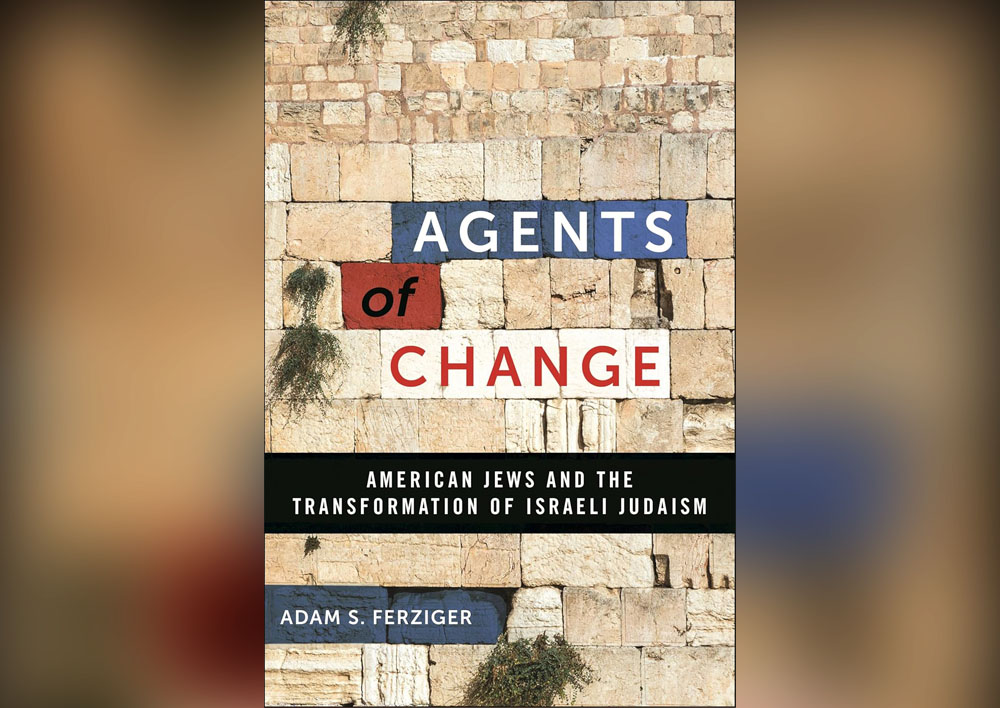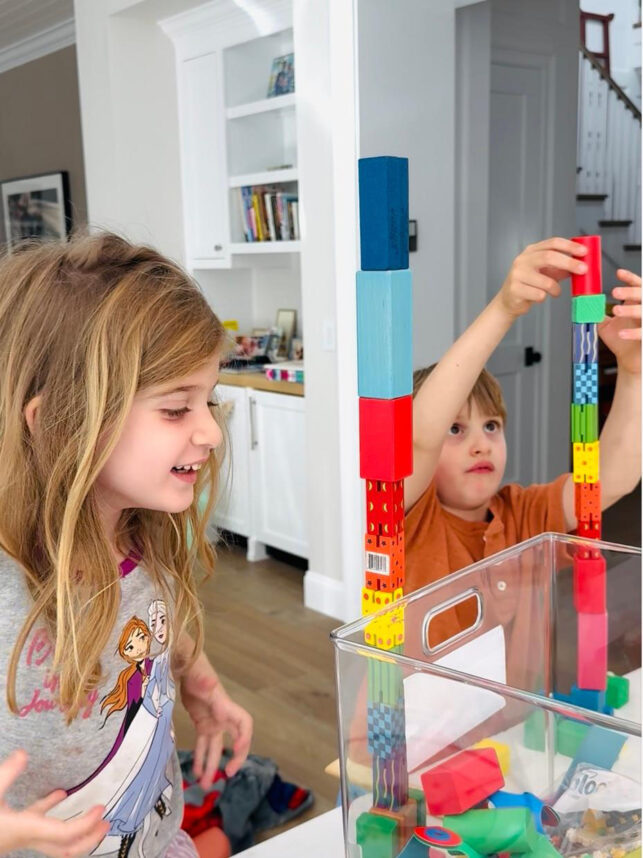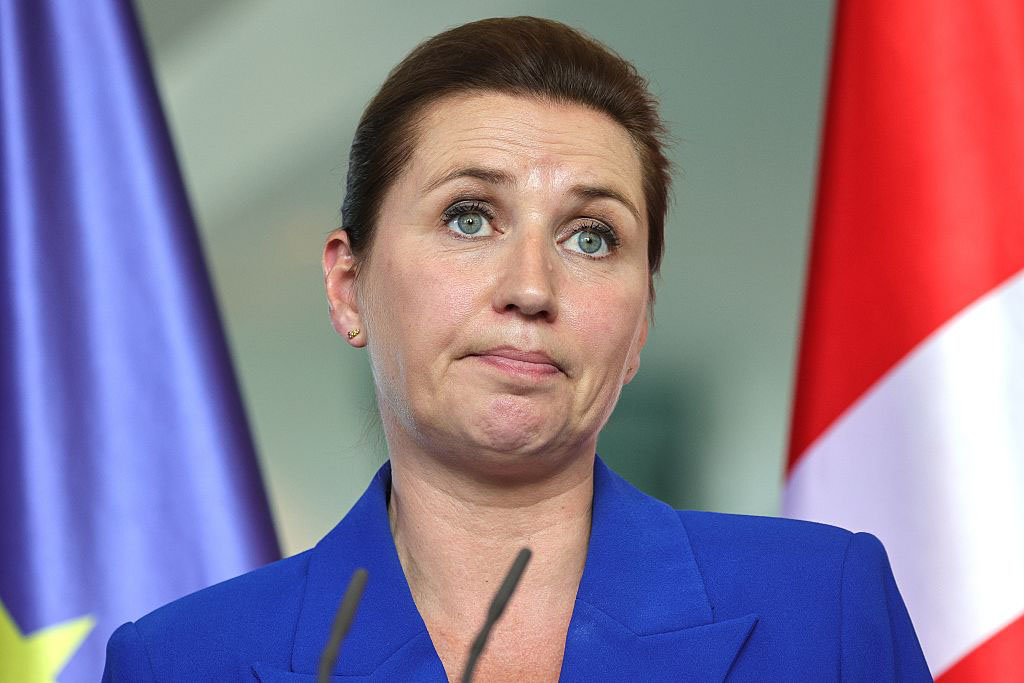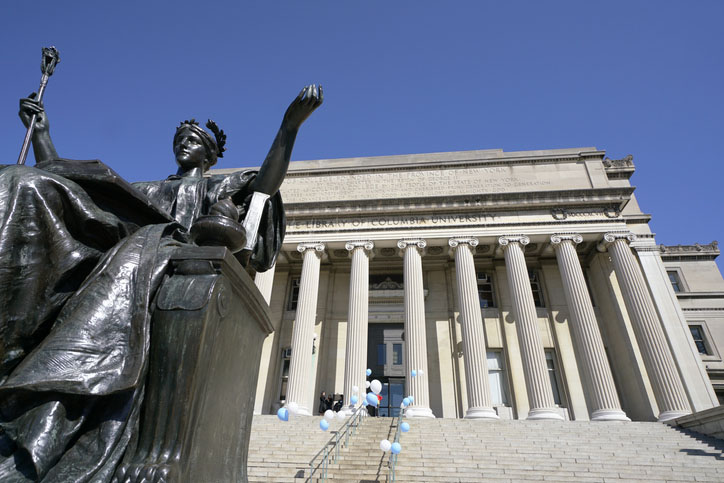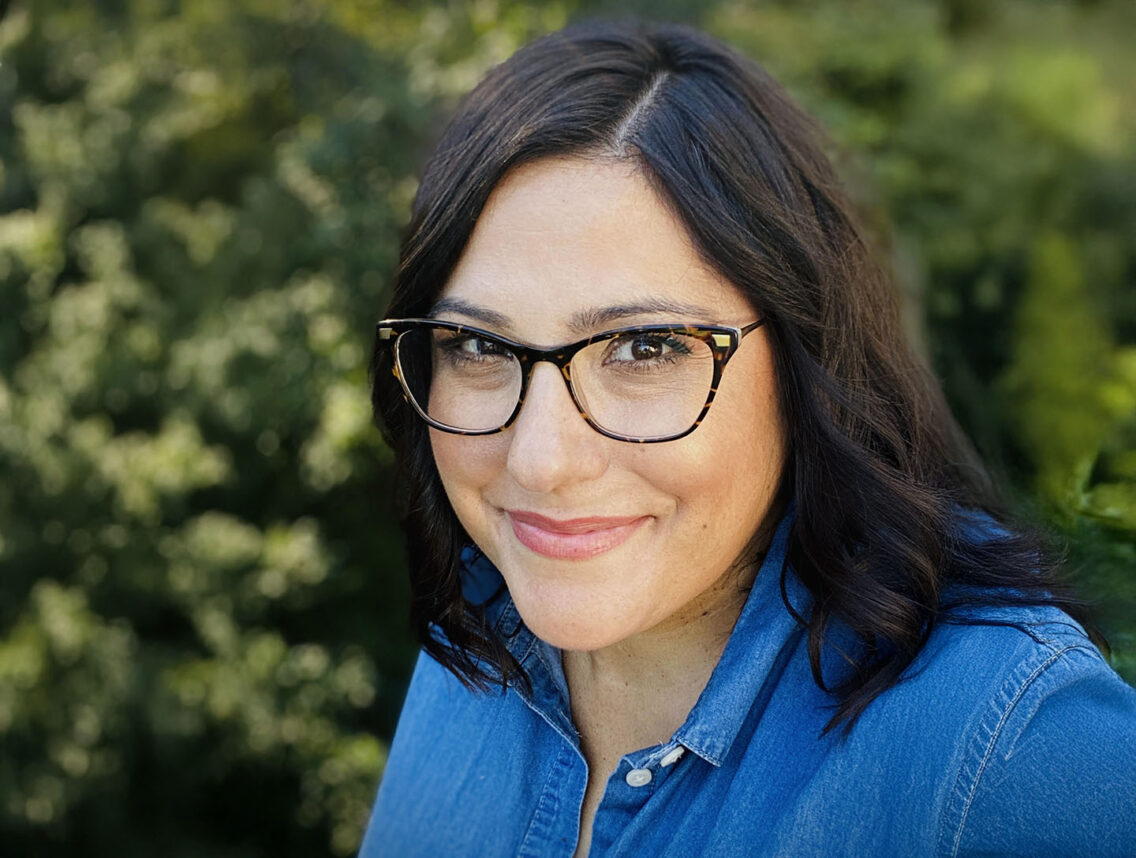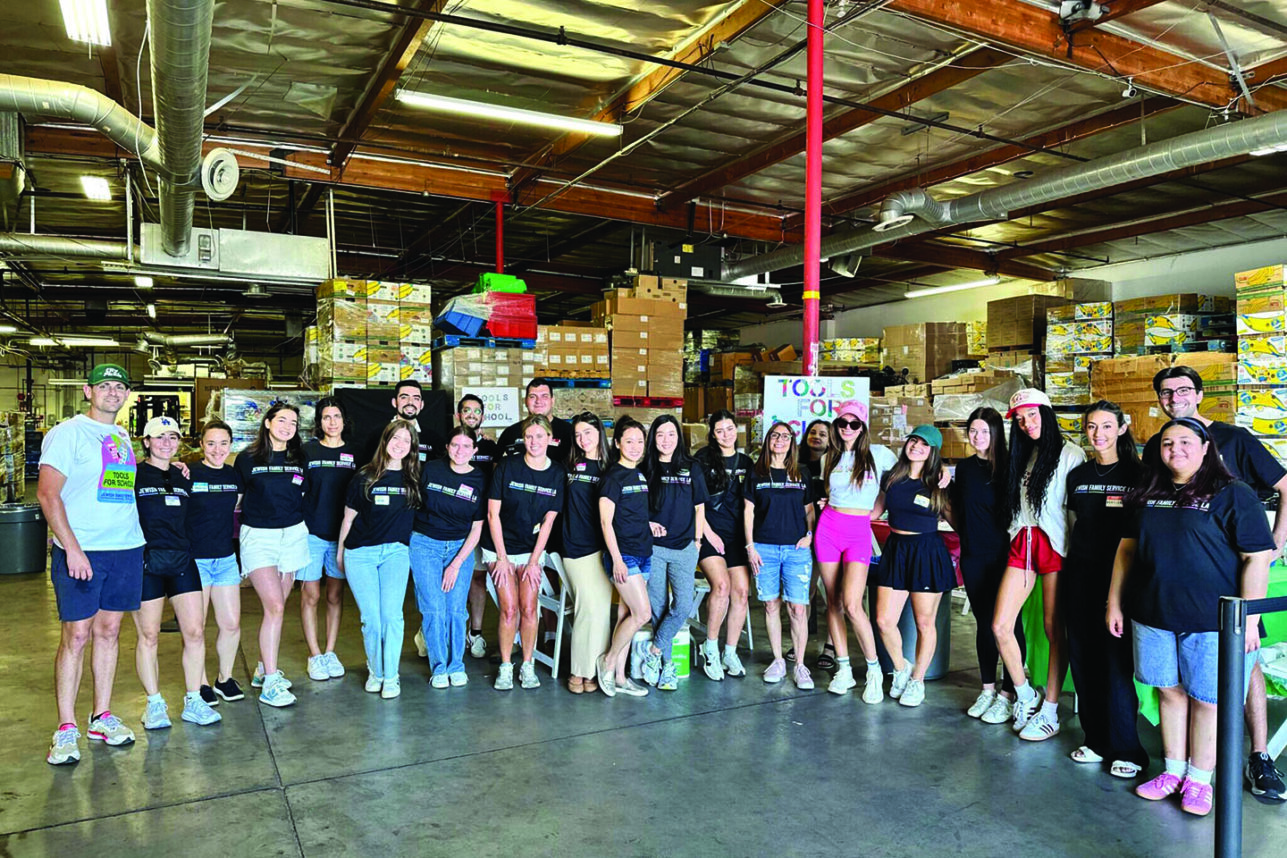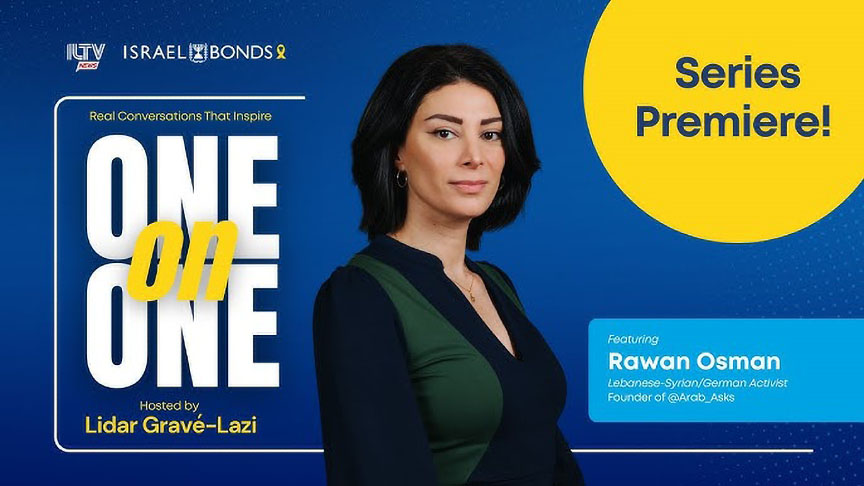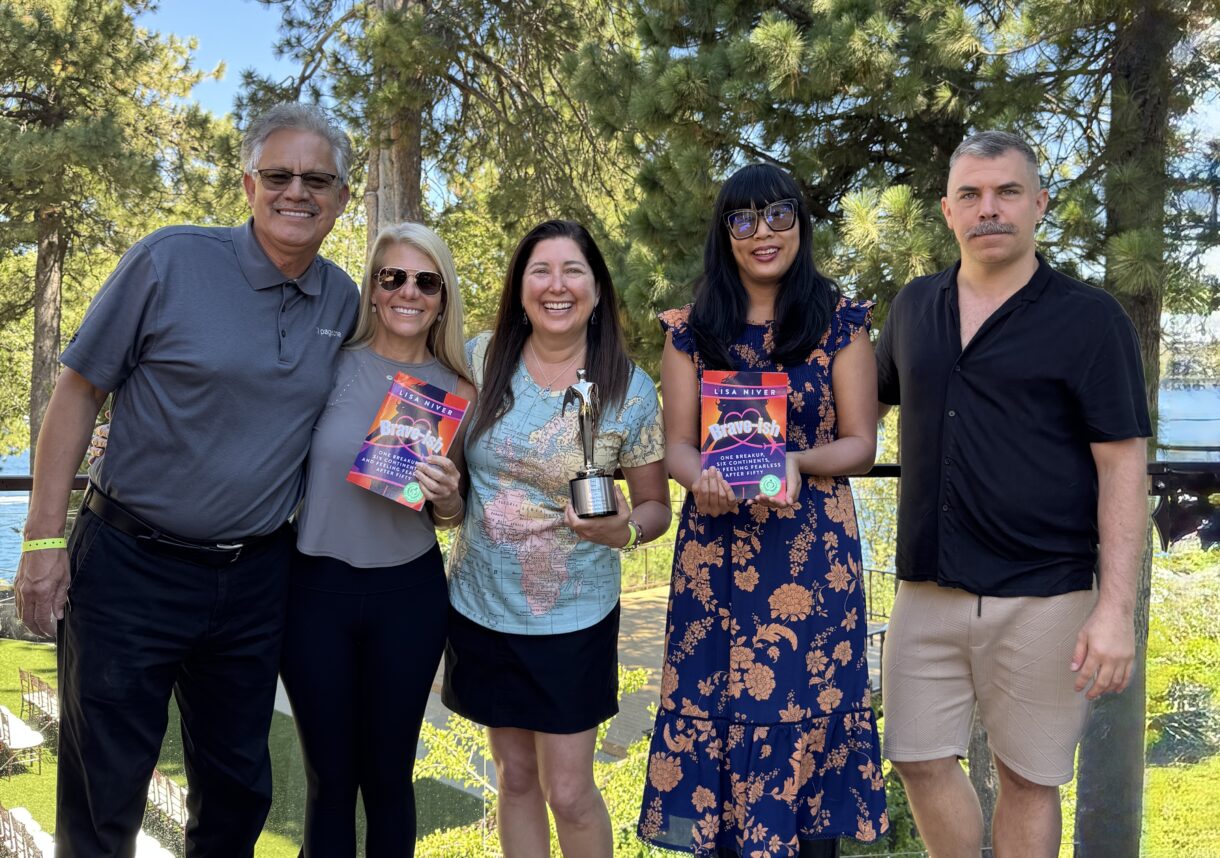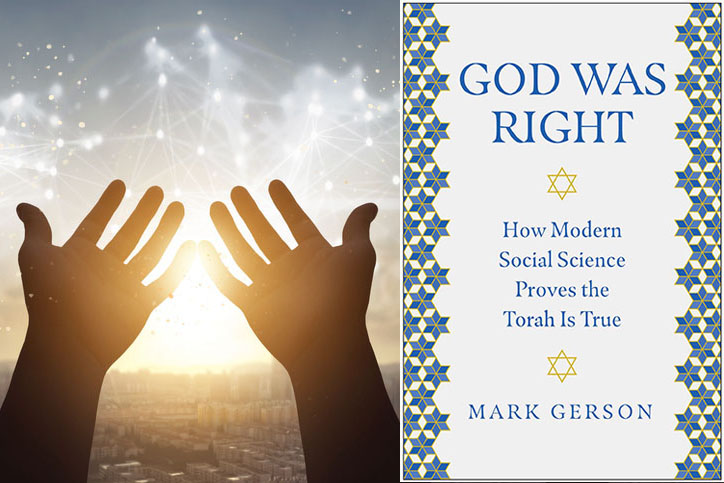Father of the Bride
I was appalled by Yehuda Lev’s (former associate editor of The Jewish Journal) article titled, “Father of the Bride” (July 11). He asserts that it was a “great moment” for him to see his Jerusalem-born, pregnant daughter marry a non-Jewish husband. It seems that this son-in-law, unlike his future son-in-law, does not intend to convert to Judaism.
I want to remind Lev that not too long ago, when a child married a non-Jew, we sat shiva. Likewise, when a girl became pregnant out of wedlock, we Jews, with non-Jews alike, questioned her morality, to say the least.
The issue is not “old prejudices.” I jog daily with a Catholic Los Angeles police officer who wholeheartedly agrees with me that while we are good friends, our children should maintain their own traditions and religions and marry within the fold. It was a great moment for me to attend his children’s Catholic weddings, and he enjoyed attending my four children’s Jewish weddings.
I am not a right-wing, ultra-Orthodox Jew. I, too, live in the secular world. I have been a practicing attorney for the past 32 years; I am a city commissioner and a county hearing officer. At the same time, I thank my parents — survivors of Auschwitz, Dachau and communist Hungary — that they taught me that a “great moment” is not seeing a pregnant daughter marry a non-Jew.
Andrew Freidman, President Congregation Bais Naftoli
Piece of the Pie
I read with interest your cover story, “Why Aren’t Jews Giving to Jews?” (June 27). It has been clear for some time that the world of Jewish philanthropy is changing. A new paradigm is required.
I do not agree that if the communal elders want their charity to flow in the traditional way, they must give it away in their lifetime. On the contrary, communal institutions must adapt to motivate both long-time donors and the next generation.
The issues that motivate both groups of donors must become part of the communal agenda. We must work with donors to fulfill their philanthropic dreams, and we must try to influence these dreams based on communal needs.
There doesn’t have to be a contradiction between getting support from megadonors and getting support from the coming generations of contributors if we personalize the development process, phase out methods that are obsolete, communicate in a more compelling fashion what we are capable of accomplishing together and highlight the “communal value added” for giving to causes that benefit both Jews and the broader community.
We must recognize that it is a different philanthropic world than it was even 10 years ago. The goal is to leverage tzedekah from a wide variety of individuals to make the greatest impact for today and for tomorrow.
John R. Fishel, President The Jewish Federation of Greater Los Angeles
Jewish Churchgoers
I am a member of Mishkon Tephilo, an egalitarian, participatory Conservative synagogue located just three blocks south of the church in Ocean Park. I was disheartened to read about the Jews who have not found the community and spirituality they seek in a synagogue, particularly since I know that that is Mishkon Tephilo’s specialty (“Jewish Churchgoers on the Rise,” June 6).
One look at our 1948 building would tell them that we completely lack an “edifice complex,” [and] despite congregants of all ages (and several races), including an unusual number of singles, there is not a macher in sight.
Instead, we have a large cadre of congregants capable of leading services — including chanting Torah and Haftarah — and a “Kiddush” so friendly that people not only talk to newcomers, they might even invite them home for Shabbat lunch, as happened the first time I attended Mishkon.
Phyllis Sorter, Santa Monica
Few, Proud, Jewish
Many thanks to Mikhail Ekshtut for his personal account as a Jew serving in the U.S. Marine Corps (“The Few, The Proud, The Jewish,” July 4). My son recently completed four years of service in the Marines and found that his Jewish identity increased as a result.
Fortunately, he remained in California for the entire time, and we celebrated many Shabbat and holiday services with him on bases where he was stationed.
Unlike my own military service in the Army during the early 1960s, he never felt the impact of anti-Semitism, even though he was born in Israel. We were also delighted to learn that there is a long history of Jewish personnel in the Marines and Navy, as well as an association dedicated to these proud servicemen and women.
Martin Hardstark, North Hollywood
Life in the Fast Lane
Regarding Wendy Mogel’s column “ADD, ADHD — Life in the Fast Lane (June 20), it might interest you to know that the Association of Educational Therapists recently published a position paper regarding extra time on the SAT test for ADD students.
The association recommends that the timing aspect of the SAT be eliminated for all students. We want all our students to have the opportunity to show us what they know. Let’s face it. Are we interested in measuring the speed or the knowledge of our young people?
Joan Kraus, Educational Therapist Rancho Palos Verdes
Eternally Gay
Concerning “Eternally Gay” (June 27), the first paragraph reads: “In spite of numerous reports that secular Jews are leaving Jerusalem in droves, Israel’s capital held its second annual Gay Pride parade on June 20. I’m not sure why there is a connection being made between gay Israelis and secular Jews. I hope the implication is not that all gay Israelis are secular.
Contact the Jerusalem Open House (
Jeff Bernhardt, Valley Glenn








